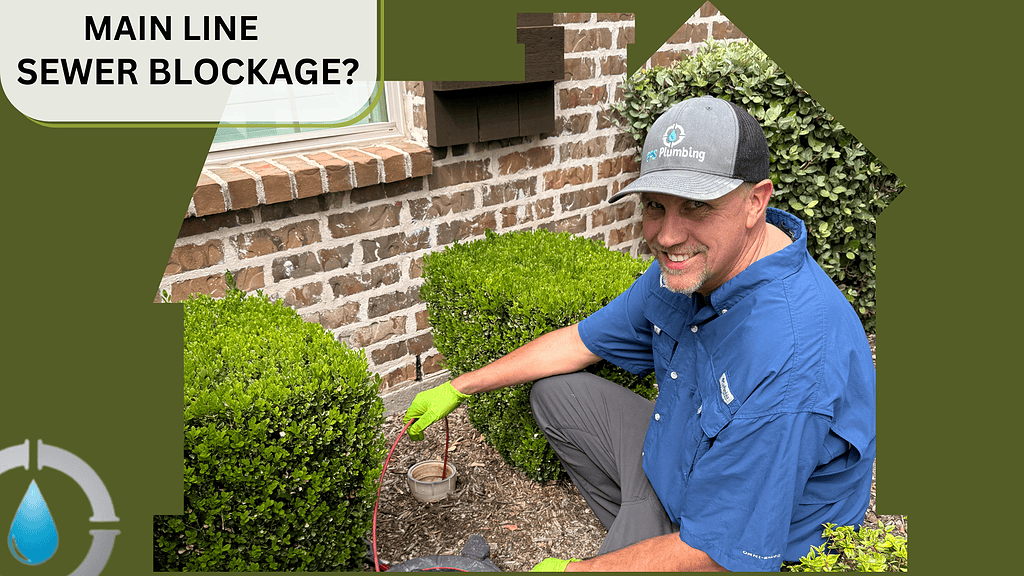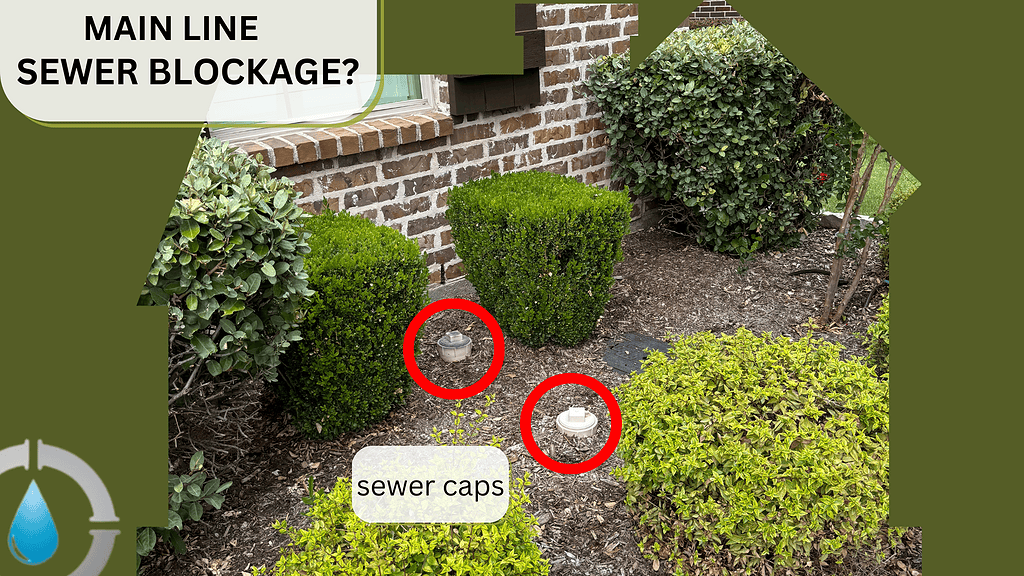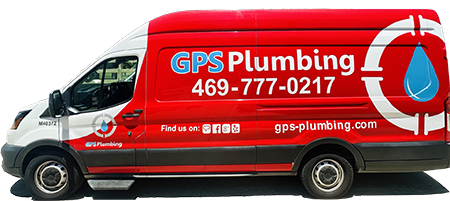
How to Identify a Main Line Sewer Blockage and What to Do About It
Dealing with a main line blockage can be a daunting task for any homeowner. This serious plumbing issue not only disrupts your daily routines but can also pose health risks if not managed correctly. Main line blockages affect multiple fixtures in your home, causing backups and potential water damage. Understanding how to identify these blockages and taking the right steps, such as safely handling sewer cleanouts, is crucial.
When dealing with sewage, it's important to follow proper safety precautions to protect yourself from potential hazards. The Centers for Disease Control and Prevention (CDC) offers comprehensive guidelines on safely handling wastewater, which are valuable for both professionals and homeowners. You can find more information about safety measures when dealing with sewage by visiting the CDC's Guidelines for Workers Handling Wastewater.
In this guide, we’ll walk you through the key signs of a main line blockage, what actions to take if you suspect one, and how to prevent future issues. By understanding these steps and knowing when to call in the experts, like GPS Plumbing, you can maintain a safe and functional plumbing system in your home.
Common Signs of a Main Line Sewer Blockage
1. Bubbling or Gurgling Toilets and Drains
A main line blockage often causes bubbling or gurgling sounds in your toilets, showers, or sinks. This occurs when air is trapped in the plumbing system due to a blockage. When you flush the toilet or drain water from a sink, the trapped air is pushed back, resulting in bubbling or gurgling noises.
- Toilets: Toilets are usually the first to show signs of a main line blockage as they connect directly to the sewer line. If you notice bubbling in the toilet bowl during flushing, or if the water level fluctuates without flushing, this strongly suggests a blockage.
- Showers and Sinks: Gurgling sounds from your shower drain or bathroom sink after flushing the toilet or running water indicate that air is being forced through the pipes due to a blockage.
2. Multiple Drains Backing Up
When multiple drains in your home back up simultaneously, it's a clear sign of a main line issue.
- Slow Draining Sinks and Tubs: If both your bathroom and kitchen sinks are draining slowly, or your shower drain backs up while in use, this could indicate a main sewer line obstruction.
- Toilet Overflow: An overflowing toilet, particularly after using another fixture like a sink or shower, is another indicator of a main line blockage.
3. Water Pooling in Your Front Yard
Unexplained water pooling or damp spots in your front yard can signal a blocked or broken main sewer line, especially if it hasn’t rained recently and there's no other obvious source of water.
- Sewer Odor: A foul smell near the wet spot in your yard could indicate sewage leakage due to a blockage in the main line.
- Wet Spots Near Sewer Cleanout: Water pooling around your sewer cleanout suggests that the main line is blocked and sewage is backing up into your yard.
What to Do If You Suspect a Main Line Blockage
If you observe any of these signs, it’s important to act quickly to minimize damage:
- Stop Using Water: Immediately stop using all water fixtures in your home to prevent further backups and potential water damage.
- Remove Sewer Caps to Relieve Pressure: Locate the sewer cleanout caps in your front yard and carefully remove them. Removing the caps can help relieve pressure in your home and may prevent sewage from backing up into your house. Be cautious when removing the caps, as there could be a sudden release of pressure or sewage. Wear gloves and avoid direct contact with any waste.
- Call GPS Plumbing: Main line blockages require professional intervention. Contact GPS Plumbing immediately for assistance. Our experienced team will perform a thorough inspection using advanced tools like cameras and hydro jetting to identify and clear the blockage, restoring proper function to your plumbing system.
Preventing Future Main Line Sewer Blockages
To reduce the risk of future main line blockages, consider these preventive tips:
- Avoid Flushing Non-Flushable Items: Never flush items like wipes, feminine hygiene products, or paper towels down the toilet, as they can cause significant blockages.
- Monitor Tree Roots: Tree roots are a common cause of main line blockages. If you have large trees near your sewer line, schedule regular inspections with GPS Plumbing to ensure roots aren’t infiltrating your pipes.
- Regular Maintenance: Schedule regular maintenance and inspections with GPS Plumbing to keep your sewer line clear and prevent unexpected blockages. Routine check-ups can identify potential issues before they become major problems.
Safety Precautions When Handling Sewer Caps

- Wear Protective Gear: Always wear gloves and protective clothing when handling sewer caps to avoid direct contact with sewage, which can pose health risks.
- Proceed with Caution: Slowly open the cleanout cap to allow any built-up pressure to release gradually. Be prepared for a possible sudden rush of water or sewage.
By understanding the signs of a main line blockage and taking prompt action, including relieving pressure through sewer cleanout caps, you can avoid the inconvenience and potential damage that a blocked sewer line can cause. If you suspect a main line issue, don't hesitate to reach out to GPS Plumbing for professional assistance.

